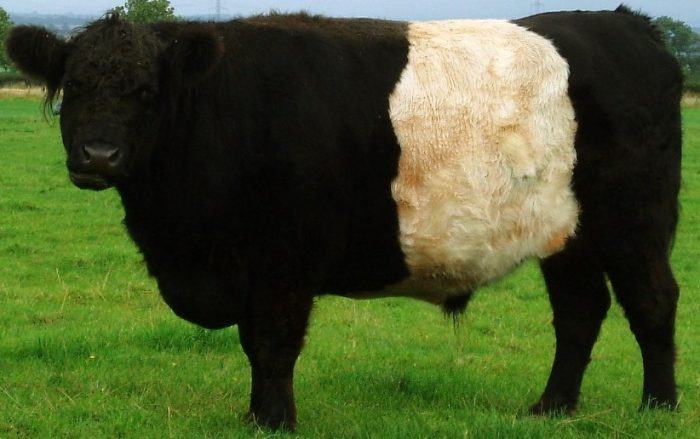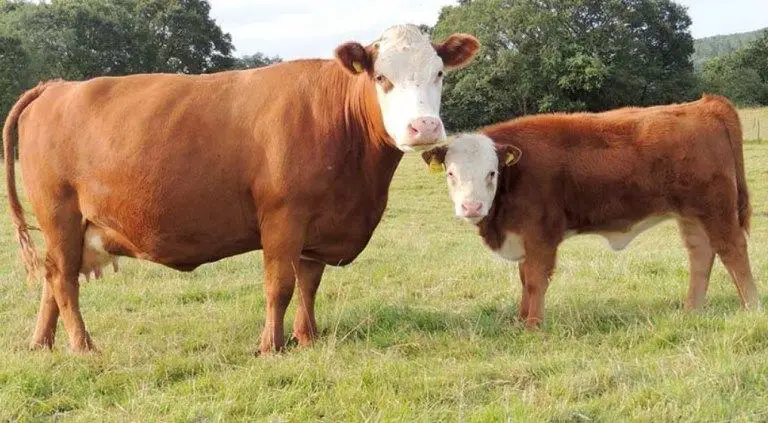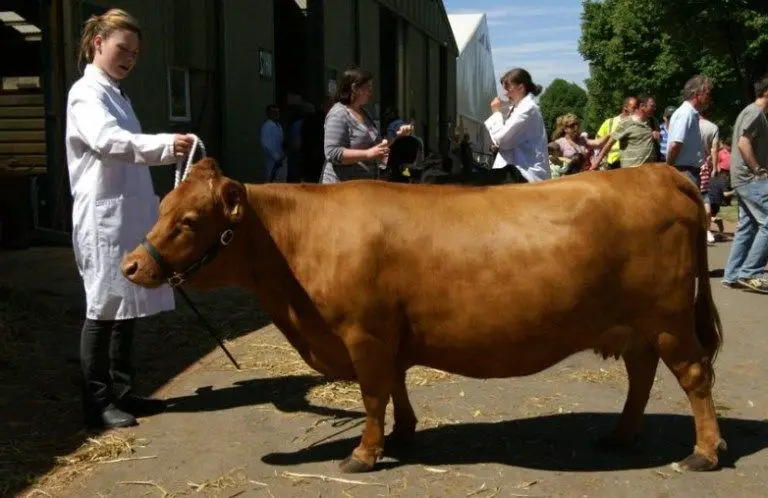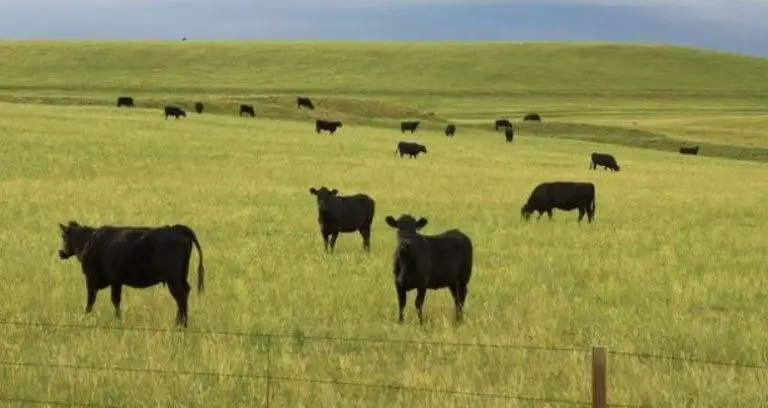No products in the cart.
Cow
Best Beef Cattle For Small Farm
If you are one of the farmers who are considering choosing the best beef cattle for small farm, this article is definitely for you. In fact, there is no such thing called perfect beef cattle breed as every breed has an edge. Hence, it is more essential to find one that matches your requirement.
*This post may have affiliate links, which means I may receive commissions if you choose to purchase through links I provide (at no extra cost to you). As an Amazon Associate I earn from qualifying purchases. Please read my disclaimer for additional details.
Beef cattle breed
Beef cattle are basically cattle reared for meat production. There are multiple options for beef cattle for your choice. Today we are focusing on 3 of the best beef cattle for small farms, namely Belted Galloway, Miniature Herefords, Dexter.
What to expect in beef cattle for a small farm?
Some criteria are given below to help you choose a suitable beef-cattle breed for your small farm.
- Require less pasture space
- Require minimal veterinary care and feeding
- Produce less manure
- Be ideal for meat production
- Possess sweet temperament
- Have excellent foraging ability in case of food shortage or food crisis
Best beef cattle for small farm
With the requirements mentioned above, here are some highly recommended beef cattle breeds for small farms.
1. Belties (Belted Galloway)

This is the oldest beef cattle breed in the world. Galloways offer various advantages.
First, this is a nature hornless breed, therefore, there is no need for you to extend your effort for de-honing. The problem with horned cattle is that they might be dangerous for farmers when approaching them.
Next, it yields high feed conversion rates. Studies show that it takes the least amount of feed for this breed to gain a kilogram of weight.
One of the best traits of all Galloways is their beef quality. Galloways meat is well-marbled, with lots of flavors, tender, and moist. Their double coat offers their carcasses effective protection and results in low saturated fat content in the back.
Furthermore, for beef cows whose hair coat is only an inch thicker than average, 20% to 25% less digestible feed intake is required to maintain their body weight during the winter. The thicker the hair coat is, the less feed is needed, and the less cost is spent.
Another good point of this breed is that they are very docile. Moreover, they can eat more different types of flora, even the less digestible ones than all other breeds.
They are well-known for high fertility rates and mothering abilities. They are resistant to diseases and their longevity is remarkable. No wonder why they are voted to be the best beef cow for a small farm by many fans.
Love Cows? Check these Cow Bedding Sets now!
2. Miniature Herefords

This is a British breed of beef cattle which is also popular over the world. They are even purchased as a pet for young children or to perform in shows.
They are loved by their owners due to the following reasons.
First, their diet is simple as they are not picky at all. They are amazing food converters, which means they require little food to gain weight for meat.
Next, they can live well in narrow pasture space and produce less manure. This is a hardy breed of beef cattle as they have a remarkable ability to adapt to changing environments.
Miniature Herefords have shorter muscle length, so their meat is more tender. While standard cows weigh about 2,000 pounds, mini Herefords weigh only from 700 to 1,000 pounds. That explains why they do not need to develop much muscle.
Furthermore, for every 100 pounds of their weight, they can produce a larger rib-eye of about 1.5 square inches.
3. Dexters cow

Dexters are considered dual-purpose cows as they can be raised for both meat and milk production.
Their strengths include their average longevity of roughly 17 or 18 years, their maternal instinct, adaptability to weather, and so on.
This breed can produce 10 liters of milk a day on average and up to 20 liters daily at maximum. Their milk is ideal to make cheese.
They are chosen for meat production because of their foraging ability, good feed conversion and perfect meat-to-bone ratio. Feed them grass, then their meat will be tender, lean, and fine-textured.
Read more: Best Age To Slaughter Beef Cattle
Tips for choosing good calves
There are several factors farmers should consider when choosing calves.
- At least 4 days old. The older the better.
- Calves over 40 kg are advised.
- Must be physically strong, energetic, and happy to ensure calves are healthy. Otherwise, if the calf got the disease, other cattle would be infected.
In order to check their health status, you can take a closer look at their body parts with the following tips.
- Eyes should be bright and alert (not dark and sunken),
- Ears should be alert and not drooping,
- Rear-end is clean or has no sign of diarrhea,
- Knees are not swollen,
- Navels are not infected.
If all are fine, you can process a purchase.
Finally, it is inevitable to check with their owner whether they received enough colostrum, which has a lot of antibodies in the first few hours after birth, as it is the key element to help the baby calves build up their immunity to diseases and sets their digestive system up for life.
Conclusion
To us, the Belties seem to be the greatest beef cattle for small farms, however, you might have your own decision. It all depends on your farm’s climate and weather conditions, production purposes and your personal preferences. We hope that you can make up your mind on what breed you would like to invest in after reading this article.


Liked your remarks 1Dexter 1dexter/ Hereford and 1hereford/ Angus I like the low empack on the land